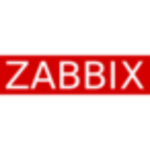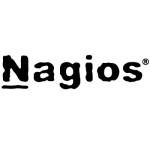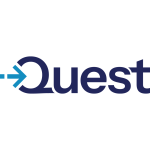This is a very good Oracle tool which enables us to incorporate all the databases throughout our environment, set up several rules and even monitor from there. We can perform a lot of operations. If you have small databases you can plug into the OEM, and you can perform any sort of operation with one click of a button. That makes it more convenient and makes life easier than logging into each database separately.
You can set the rules so that every time you have several maintenance activities you don't need to go to each database and do the same work again and again. Instead you can create jobs in the OEM and you can also create groups, like production, development, performance and environment. All these environments you can club together so that you can perform several operations based on environment-specific criteria.
When you need to perform activities like purging and archiving, this can be done easily and you can even do backups which is a tedious activity. If you have the right description monitor, just click on the buttons in the OEM so that you can fire up the backups everyday at a specific time. It can even alert us by email if by any chance the backup fails and you can just log in to a particular mission and check why it failed.
It's a very easy way of maintaining all the databases instead of wasting time on the regular day to day tasks. You can use your time productively, instead of investing time on these mundane tasks. That way it helps us a lot.
It could improve in some areas like the screen. It's not so clear for the novice, when a new person looks at the screen he/she may not really understand where to start first. They could make that process a little easier, so that even a novice who starts using it can at least have the basic idea what to do.
We've been using the product for almost six years.
It is stable of course, it's from Oracle.
It's scalable depending on the way you build it. From the base configuration itself the server capacity and the installation, you have a number of targets, say 0-10, 10-250, 250-1000. Based on your company's requirement you have to install and configure those so that it will be scalable throughout that time period. You will also require enough memory, CPU cards for supporting those targets.
I would rate the support as 8/10. Once they start responding on the tickets, they'll definitely take you to the solution.
I would recommend it. There are a lot of people who like to write scripts and stuff. If they are comfortable writing scripts then definitely they could use it. But many things can be done which cannot be done through scripting. I would recommend you give it a try. Definitely once you give it a try you will like using it.















